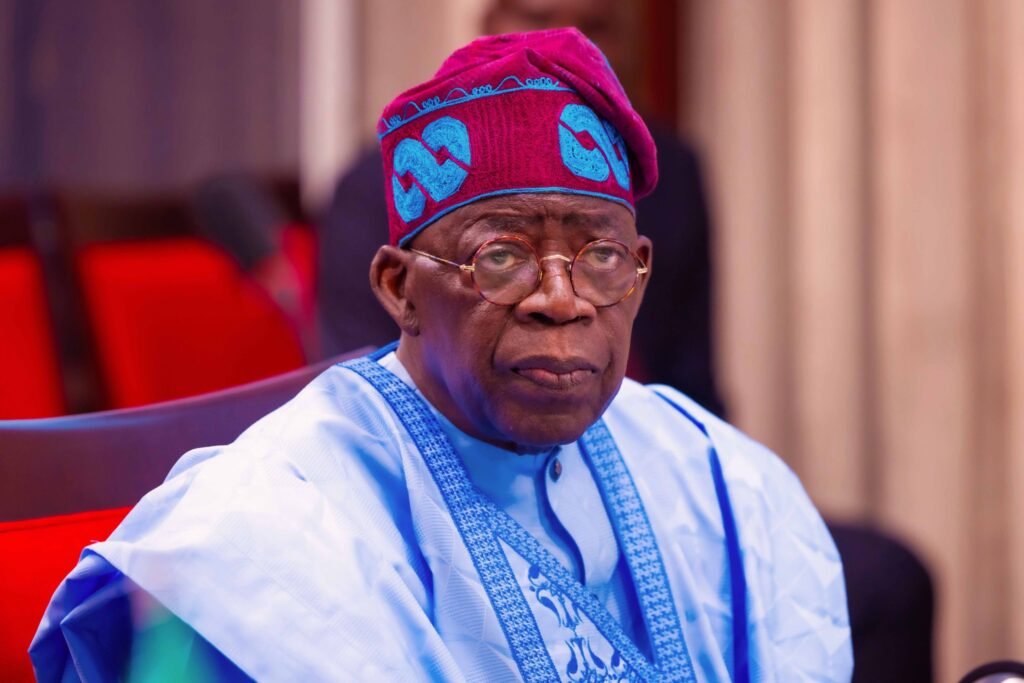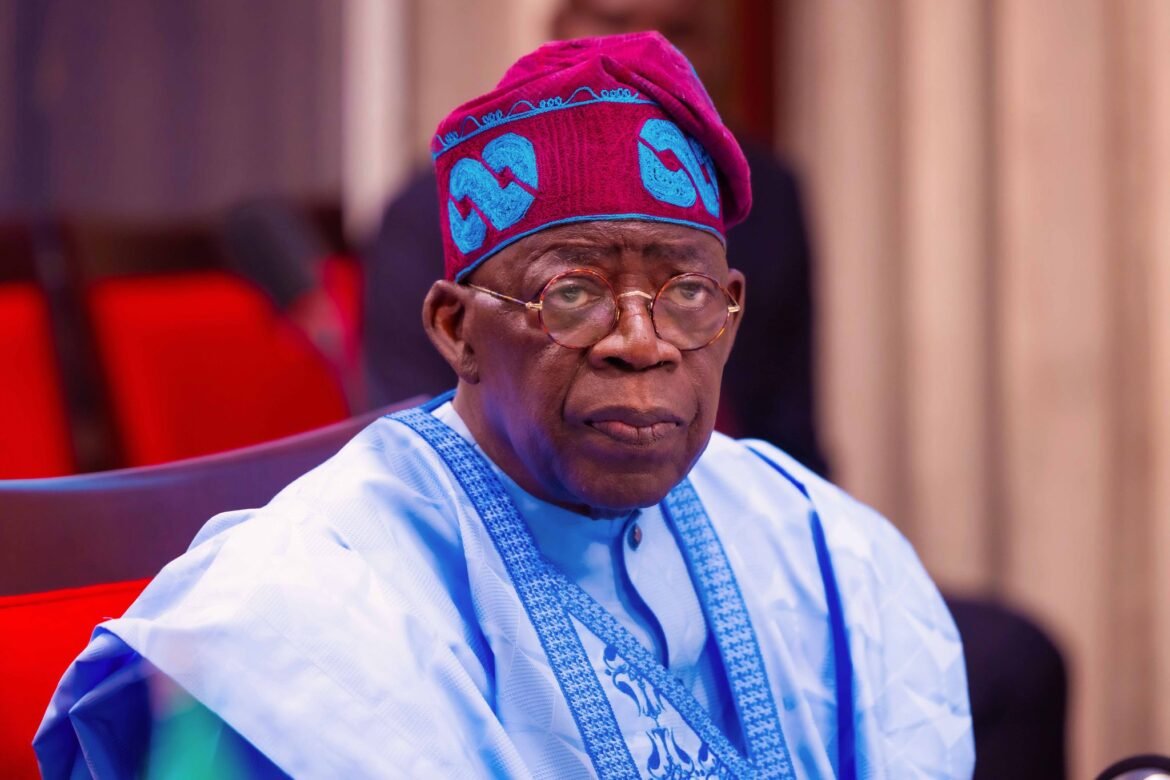Ask the AI about how important the rule of law is in a democracy and one of the answers that you get is that the rule of law is absolutely crucial for the proper functioning and legitimacy of a democracy.

It tells you that rule of law acts as a foundation for a stable and just society, ensuring that everyone, including those in power, is accountable to the law.
AI goes on to say that without the rule of law, a democracy can easily descend into tyranny, with leaders acting arbitrarily and without regard for the rights of citizens.
This suggests that the rule of law is an essential ingredient of democracy, and that without it, democracy is nothing; it is useless.
This presupposes that when there is rule of law, government will be accountable to the people.
There will be no imperial president and everyone will be equal before the law.
The judiciary will not be encumbered in the discharge of its responsibilities while the executive will not emasculate the legislature.
In other words, the principle of separation of powers will be strictly enforced.
Election will count because operators of the system will know the consequences for conducting a flawed election.
Public utilities will be in place because the regulators are watching.
All the sectors of the country will work because this is rule of law at work and not the rule of man.
No arbitrariness. No impunity. No clampdown on dissent. No rigging into public office at elections.
When President Bola Tinubu assumed office on May 29, 2023, expectations were high that rule of law is one of the areas his administration would give due attention.
The expectations were not misplaced given his antecedents as a former pro-democracy activist under the despotic Abacha regime and his fight for democratic ideals as governor of Lagos State under the ‘repressive’ Obasanjo administration.
So what has happened two years down the line to the rule of law under the Tinubu administration?
Opinions are divided but many people, especially Civil Society Organizations (CSOs), believe that rule of law is lagging under the Tinubu administration, citing instances.
In their mid-term assessment of the government, some CSOs, among others, spoke to Sunday Vanguard.
They pointed out areas, including alleged non-adherence to human rights, alleged repression of protests, worsening insecurity, perceived manipulation of the judiciary to achieve selfish ends, sacking of an elected governor, choosing which court order to obey, lawmakers acting as law breakers and alleged selective fight against corruption, to back their positions.
‘Unfulfilled promises’
One of the opposition parties, Because Of Our Tomorrow, BOOT, declared that Tinubu has failed to fulfill his promises to Nigerians during the 2023 campaigns.
The National Chairman of BOOT party, Sonny Adenuga, reeled out scores on some of the promises Tinubu made to Nigerians.
He said: “Regrettably, the administration’s performance falls far short of the ‘Renewed Hope’ Agenda (RHA) it once promised.

